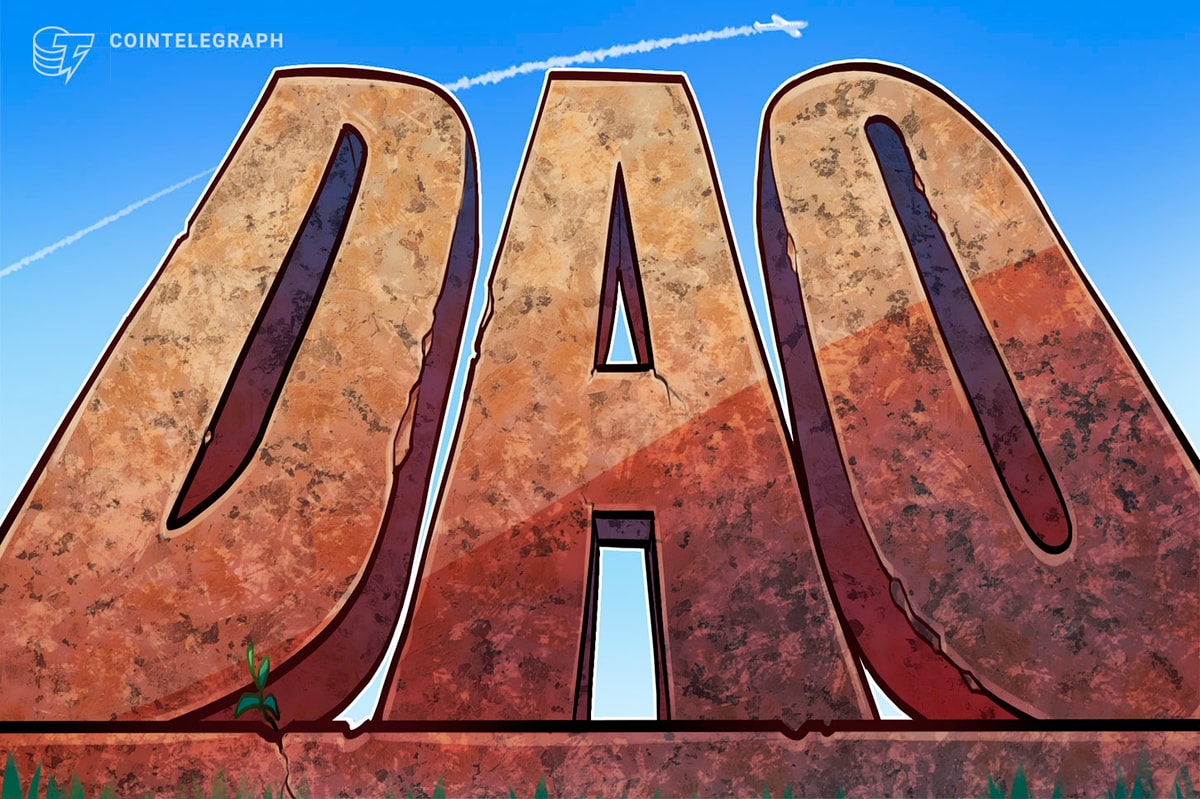peaq, the Web3 network built to power the Economy of Things, has unveiled its canary network dubbed krest.
Per an announcement shared in a blog post on Tuesday, the test network is set to launch on Kusama, the canary chain for Polkadot (DOT/USD). Polkadot is developed by Parity Technologies, a Web3 firm founded by Gavin Wood.
Are you looking for fast-news, hot-tips and market analysis?
Sign-up for the Invezz newsletter, today.
krest gives devs a crucial test environment
krest will allow developers and users to test decentralised applications (dApps) and other tools within a real Internet of Things (IoT) environment. And with it, the peaq network’s community will be able to simulate the behaviour of devices, machines, robots and vehicles, before these go live on the mainnet.
krest is designed to offer builders and developers a platform on which they can test and check code for vulnerabilities likely missed in previous audits. The network will also allow developers to experiment with the economic and other community initiatives without the risks likely to be encountered on the mainnet.
Max Thake, the co-founder of peaq, said in a statement that krest is set to offer its users a “‘sneak peek into the future’,” with most of the products and features tested on the canary network eventually going live on peaq. According to him, krest offers the best environment to ensure projects that eventually enter the peaq ecosystem do not lead to real-world harm.
Siddharth Singhal, the Director for Enterprise at Parity Technologies, commented:
“We are very excited to welcome krest to the Kusama ecosystem, bringing real-world IoT connectivity to web3 and opening the floodgates of innovation for dApp builders on the canary network.”
According to Singhal, the launch of krest on Kusama provides a “pivotal stepping stone for web3 networks” and will help create real-world value and foster innovation across the ecosystem.
krest will be powered by a native digital token by the same name, krest, that will be available on public exchanges. The token will be used on the network for paying transaction fees and as an economic incentive or reward tool.
Read More: news.google.com









 Bitcoin
Bitcoin  Ethereum
Ethereum  Tether
Tether  XRP
XRP  Solana
Solana  USDC
USDC  TRON
TRON  Dogecoin
Dogecoin  Cardano
Cardano  Lido Staked Ether
Lido Staked Ether  Wrapped Bitcoin
Wrapped Bitcoin  Hyperliquid
Hyperliquid  Wrapped stETH
Wrapped stETH  Sui
Sui  Chainlink
Chainlink  Avalanche
Avalanche  LEO Token
LEO Token  Stellar
Stellar  Bitcoin Cash
Bitcoin Cash  Toncoin
Toncoin  Shiba Inu
Shiba Inu  USDS
USDS  Hedera
Hedera  WETH
WETH  Litecoin
Litecoin  Wrapped eETH
Wrapped eETH  Binance Bridged USDT (BNB Smart Chain)
Binance Bridged USDT (BNB Smart Chain)  Polkadot
Polkadot  Ethena USDe
Ethena USDe  Monero
Monero  Bitget Token
Bitget Token  Pepe
Pepe  Coinbase Wrapped BTC
Coinbase Wrapped BTC  Pi Network
Pi Network  WhiteBIT Coin
WhiteBIT Coin  Aave
Aave  Uniswap
Uniswap  Dai
Dai  Ethena Staked USDe
Ethena Staked USDe  Bittensor
Bittensor  OKB
OKB  Cronos
Cronos  BlackRock USD Institutional Digital Liquidity Fund
BlackRock USD Institutional Digital Liquidity Fund  Aptos
Aptos  NEAR Protocol
NEAR Protocol  Jito Staked SOL
Jito Staked SOL  Internet Computer
Internet Computer  Ondo
Ondo  Ethereum Classic
Ethereum Classic